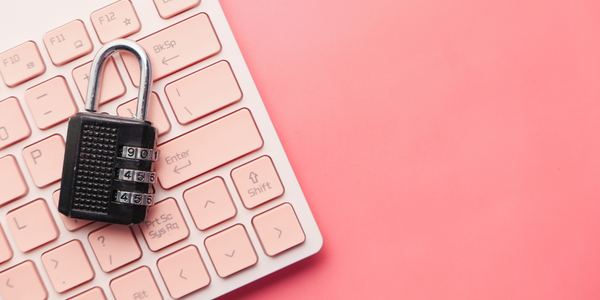
The threat of cyber-attacks continues to be a major concern in New Zealand, as cyber-criminals find ever-more sophisticated ways to target internet users and gain access to personal data and financial information. In the first quarter of 2022 alone, CERT NZ responded to 2001 cyber incidents resulting in $3.9 million in direct financial loss! To help keep you and your family safe online, here are some of the steps you could follow.
Step 1: Talk to your family
Thanks to the internet, young people have far more access to information than any generation before. And while the internet has enriched our lives in so many ways, offering a wealth of information at our fingertips, it has the potential to harm young people or those unaware of the danger of cyber-threats.
When it comes to cyber-security, children are often the weakest link. To help prevent your family from being exposed to potentially harmful information or inappropriate content, talk to them about online safety. Explain what to do if they click on the wrong link or visit a site they shouldn’t be on. Teach them how to recognise suspicious online activity and encourage them to ask for help if they’re concerned.
Step 2: Manage screen time
Many parents worry about how much time their children spend online. Not surprising really when you consider how much of each day is spent accessing online learning in the classroom, streaming movies and TV, or online gaming.
But not all screen time is bad – online learning proved successful during the recent pandemic, when millions of children around the world continued learning online because in-person schooling was impossible. However, excessive use or viewing the wrong sort of content can negatively impact children or those who may be at an impressionable age.
So depending on the age and stage of your children, parents may need to set boundaries that limit the amount of time spent on devices, while balancing online activity with outdoor activities or hobbies or sport.
Step 3: Manage cyber-threats
Cyber criminals have used the pandemic as an opportunity to increase their efforts, exploiting the vulnerability of those working from home. As a result, we’ve seen a significant increase in the number of phishing attacks.
There are a few ways you can keep your family safe from identity theft, malware and other cybersecurity threats:
- Set privacy settings to private so that personal data is not visible on social media.
- When signing up to new social networks or emails accounts, keep personal identifying information out of usernames and email addresses, such as your year of birth, phone number, or age.
- Enable two-factor authentication if available.
- Keep your anti-virus software up to date.
- Use unique and strong passwords and have a different password for each account.
- Avoid using public Wi-Fi and if you do have to use it, don’t access it for online banking or anything that could put you at financial risk if personal information is criminally obtained.
- Clear your cache regularly including cookies, search engine activity and browsing history so that personal data is not stored on your web browser.
- Look for secure websites when buying online to ensure your credit card, bank account, address and phone number are protected. Look for the HTTPS at the beginning of a website address.
- Be aware of click bait. Phishing emails often ask you to download a file or open a link that can infect your computer with malware. Learn to recognise the warning signs of scams and practice smart clicking.
For more information about staying safe online, refer to the netsafe.org.nz website.
Adapted from Keep it real online



